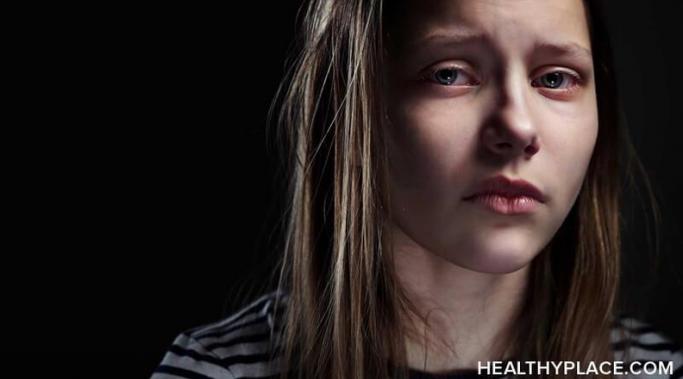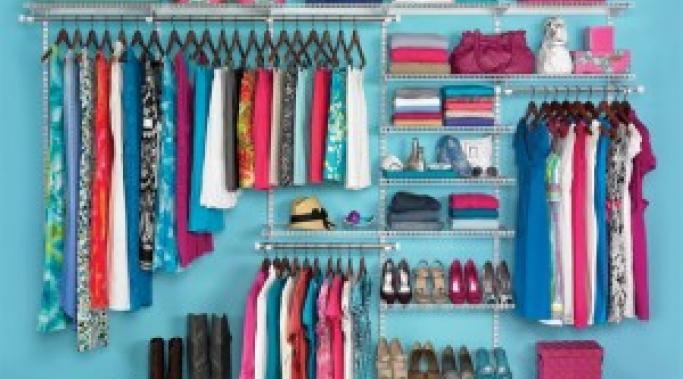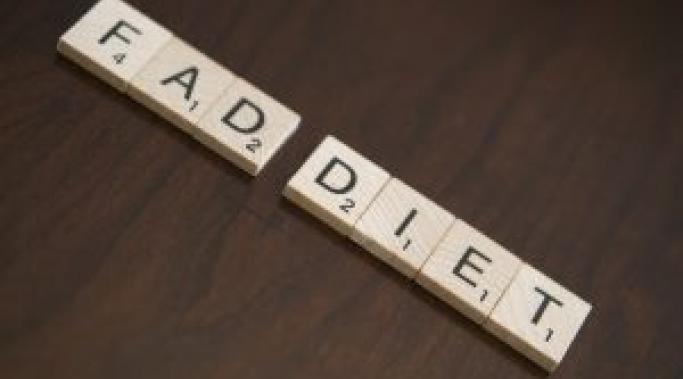It's one thing to know what your binge eating disorder triggers are, but when one of your binge eating disorder triggers is parties, things can get complicated. How do you cope with your binge eating disorder when one of your triggers is a completely average, social gathering? With the holidays upon us it's natural to get invited to lots of parties and gatherings where triggering food, events, and people might be present. How do you handle it when parties are your binge eating disorder trigger?
Binge Eating
Human beings are creatures of habit and, one way or another, we find ourselves shifting into routines, including binge eating disorder routines. Sometimes these habits are formed based on positive actions and helpful tips that will keep binging to a minimum and help us through the day. But, sometimes, it's all too easy to settle into a negative binge eating disorder routine, such as winter weather binge eating, and stay there until the habit becomes incredibly difficult to break.
Yesterday I had a horrible, troublesome, bad binge eating disorder day. My day was so awful, I spent all of last night crying and writing, writing and crying (Binge Eating Disorder and Art Therapy). I felt defeated, helpless, disappointed in myself, and like an utter failure. After a disturbed night's sleep, I still don't feel back to my normal, chipper self. But I got out of bed, put on a dress, went to the tea shop, and started writing this post.
Winter is upon us and while we can expect snow, holiday lights, and carols, a lot of people might find themselves falling victim to winter weather binge eating. What is winter weather binge eating? What are some tips and tricks to avoid it? How can you make it through the holiday season without having your binge eating disorder triggered? Read on.
I really love to talk about binge eating disorder support systems in my articles (A Support Network Is Vital For Eating Disorder Recovery). But what is a binge eating disorder support system and how can you form and maintain one? Unfortunately, there are no easy answers for these questions. However, I have a few tips to help you along your journey.
You can find binge eating disorder symptoms in your closet, too. Binge eating disorder (BED) can impact your weight, and by extension, the size and shape of your body. When your body changes shape you need new clothes. Whether losing or gaining weight, your closet might end up a mismatch of clothing. So, when you have BED, you might have a troubled relationship with your closet because your binge eating disorder symptoms live there, too.
I have binge eating disorder and as of May 2015, began a vegetarian diet. After being pescatarian for six months, I decided to make the transition to a vegetarian diet, and I have been very happy with my decision. When I decided to do this, I wondered how it would impact my binge eating disorder. A vegetarian diet seems to be an improvement for me.
Fad dieting is not healthy for anyone, but when you have binge eating disorder, fad dieting can be a symptom of your binge eating disorder and do serious damage to your mind and body. Almost everyone in the United States, at some point, has been on a fad diet. They are so ubiquitous in popular culture that very few have escaped the allure of the quick-fix fad diet, especially those with binge eating disorder.
When you have binge eating disorder you sometimes might find yourself overeating. There are certain times, such as holidays, celebrations, or events when overeating is part of tradition. But when you have binge eating disorder, you overdoing it is not the same as an average person overeating.
I write a lot for people who have binge eating disorder, but how do you support someone with binge eating disorder? Unfortunately, there are no hard and fast answers. Everyone is an individual who is going to have their own needs and desires. But being respectful, listening, and not judging will be the key to understanding mental illness from your loved one's point of view. How to support someone with binge eating disorder is a very personal matter.









